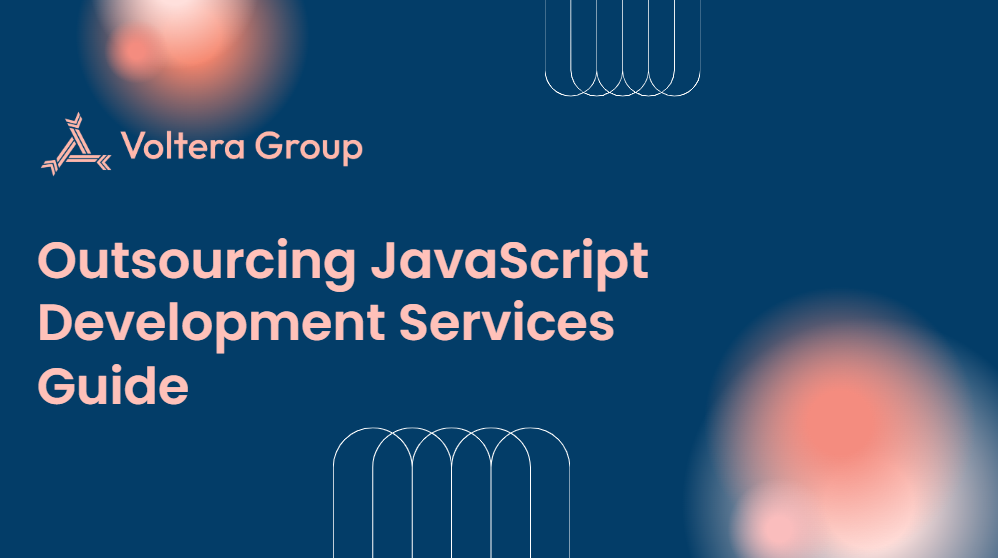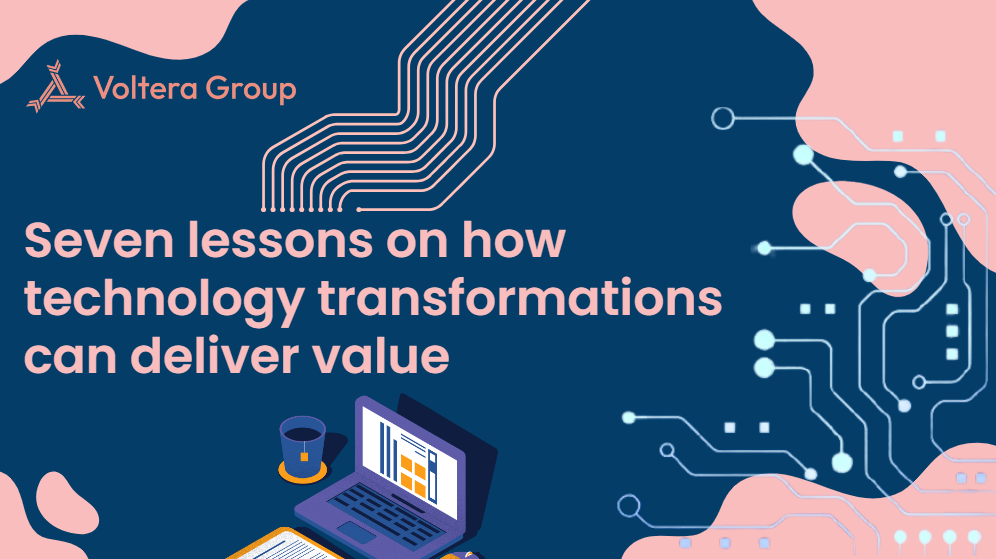Enterprise Digitalization Service Strategic Innovation
Our experienced team converts enterprise data into strategic intelligence through AI and machine learning algorithms, enabling predictive analytics, intelligent process automation, and real-time decision optimization across business functions.
AI-Driven Digital Transformation Solutions
01
AI Infrastructure Design
Creating strategic roadmaps that align AI capabilities with business objectives through detailed technological assessment and implementation planning.
02
Enterprise AI Integration
Systematically embedding AI technologies across organizational systems for seamless interoperability and synchronized intelligent functionality.
03
Process AI Automation
Implementing machine learning algorithms to replace manual, repetitive tasks with intelligent, self-optimizing automated workflows.
04
AI Process Reengineering
Redesigning business processes by analyzing existing workflows and strategically reimplementing them with AI-driven efficiency and predictive capabilities.
05
Legacy System Modernization
Transforming outdated technological infrastructure by integrating AI-powered interfaces and data pipeline architecture for intelligent processing mechanisms.
06
Workflow Intelligence
Developing adaptive workflow systems that learn, predict, and optimize operational sequences in real-time, contributing to organizational digital innovation.
Don't just observe—take decisive action.
Enterprise Digitalization Across Industries
Manufacturing Intelligence
Implement predictive quality control algorithms to detect potential defects Automate factory processes using machine learning-driven robotic systems Enable real-time performance monitoring and optimization of manufacturing workflows
Financial Services Risk Management
Develop advanced machine learning models for fraud detection Create predictive credit risk assessment algorithms Implement real-time transaction monitoring and anomaly detection systems
Retail Strategy Optimization
Implement machine learning demand forecasting models Automate intelligent inventory management systems Create personalized omnichannel customer experiences through predictive analytics
LLM Agent A
State-Of-Art Automation (Scheme)
LLM is not only the possibility to chat and get a wide range of information, but it's also the possibility to retrieve your local data from databases, docs, and spreadsheets. With advanced LLM Agents—a core part of generative AI as a service—you can automate your routine processes, streamline client communication, or implement your start-up ideas.

Legacy systems holding you back?
Technologies of Artificial Intelligence and Machine Learning
AI-Powered Digital Transformation: Key Implementation Stages
These steps represent our systematic and iterative approach to transforming organizational capabilities through artificial intelligence.
AI Readiness Assessment
01
We conduct a comprehensive evaluation of current technological infrastructure, data readiness, and organizational AI maturity.
Strategic Transformation Planning
02
We design a tailored roadmap that aligns AI capabilities with business objectives and transformation goals.
Enterprise System Integration
03
We embed AI technologies into organizational systems to ensure interoperability and synchronized intelligent functionality.
Enterprise System Integration
04
We embed AI technologies into organizational systems to ensure interoperability and synchronized intelligent functionality.
Process Optimization
05
We redesign and reengineer processes using machine learning to enhance efficiency, predictability, and adaptability.
Phased Implementation
05
We execute the transformation strategy through staged rollouts, pilot programs, and controlled interventions.
Key Challenges Addressed by AI-Driven Transformation
Manual Bottlenecks
Slow, repetitive tasks reduce efficiency and introduce errors, making operations less productive. AI-powered automation eliminates these bottlenecks by streamlining workflows, reducing human intervention, and accelerating processes.
Data Fragmentation
Siloed information across different departments prevents seamless access and slows decision-making. AI-driven integration centralizes data, ensuring smooth information flow, real-time access, and improved cross-functional insights.
Decision Latency
Without real-time data analysis, organizations struggle with delayed decision-making, impacting agility and competitiveness. AI-powered analytics process information instantly, enabling faster, more informed strategic choices.
Scalability Challenges
Expanding AI capabilities without increasing complexity is a challenge for growing businesses. Cloud-based AI solutions provide scalable and flexible infrastructure that adapts to organizational needs without overwhelming resources.
AI Implementation Capabilities
Process Intelligence
Applies machine learning algorithms to automatically map, analyze, and optimize business workflows by extracting patterns from process logs, identifying bottlenecks, and recommending data-driven improvements.
Systems Orchestration
Develops comprehensive platforms using containerization, automated deployment pipelines, and advanced monitoring tools to integrate machine learning models, manage data transformations, and generate real-time insights.
Advanced Analytics
Implements deep learning solutions and statistical models to process large datasets, create predictive algorithms, and generate autonomous decision-making frameworks with continuous learning capabilities.
Experience Optimization
Uses natural language processing, sentiment analysis, and user behavior tracking to create personalized, adaptive customer interaction strategies across multiple engagement channels.
Competitive Advantages with Our Gen AI Services
Frequently Asked Questions
How does AI-driven transformation differ from traditional digital transformation?
AI-driven transformation fundamentally differs from traditional digital approaches by introducing adaptive, self-learning technologies that dynamically optimize processes in real-time rather than implementing static technological upgrades. Unlike traditional approaches focused on digitization, AI-driven transformation creates intelligent systems capable of autonomous decision-making, predictive analysis, and continuous self-improvement, creating exponentially greater value and adaptability.
What AI technologies are used to analyze and optimize business processes?
Specific AI technologies for process analysis include machine learning algorithms like neural networks, predictive analytics models, process mining techniques, natural language processing, and deep learning algorithms that extract complex patterns from operational data. These technologies enable comprehensive mapping, performance prediction, bottleneck identification, and intelligent recommendation systems across diverse business functions.
How do you ensure AI models maintain accuracy as business processes evolve?
Ensuring continued AI model accuracy involves implementing continuous monitoring mechanisms, developing adaptive learning frameworks, and establishing robust feedback loops that allow models to recalibrate based on evolving business processes and emerging data patterns. We achieve this through techniques like transfer learning, incremental model updating, automated retraining protocols, and maintaining flexible model architectures that dynamically adjust to changing operational contexts.
What's your approach to creating a data strategy supporting AI-driven transformation?
Our data strategy for AI-driven transformation centers on creating an integrated digital ecosystem that ensures high-quality, clean, and contextually relevant data collection across all organizational touchpoints. We develop a comprehensive approach that includes data governance frameworks, advanced data cleaning techniques, secure integration protocols, and intelligent metadata management to transform raw information into strategic organizational intelligence.
What methodology do you use to identify processes suitable for AI enhancement?
Our methodology for identifying AI-enhancement opportunities involves conducting an organizational diagnostic using advanced process mining techniques, quantitative performance analysis, and strategic impact assessment. We evaluate potential AI applications based on process complexity, repeatability, data availability, potential efficiency gains, and alignment with business objectives to prioritize implementation targets.
How do you approach AI model training with limited historical data?
When training AI models with limited historical data, we employ advanced techniques like transfer learning, synthetic data generation, few-shot learning algorithms, and domain adaptation strategies that extract insights from minimal but contextually rich datasets. Our approach focuses on creating flexible, generalized model architectures that learn effectively from small, high-quality data samples while maintaining robust predictive capabilities.



